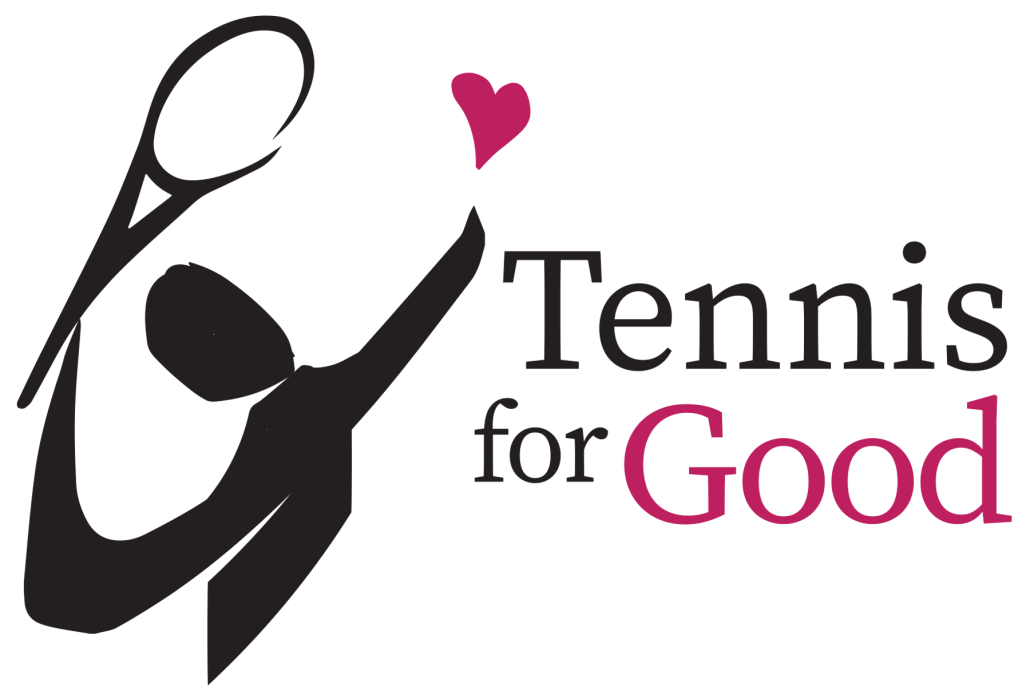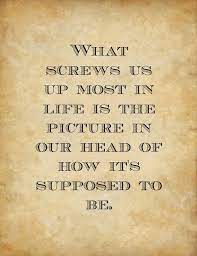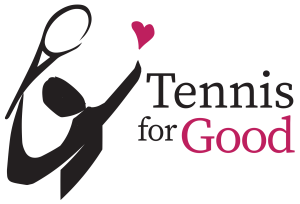 I got some shocking news the other day.
I got some shocking news the other day.
I’ve always felt supremely healthy — invulnerable, almost. For years now, I’ve had no serious physical issues. At the age of 73, I felt healthy enough to start seeing a longevity doctor who helps people maximize their healthspan, the emerging term for a full and active life as distinguished from years with a low quality of life — think drooling in a wheelchair. She recommended a coronary calcium test to check out my heart health. We both assumed it would come back zero. To the shock of us both, it came in really high. It seems I have lots of plaque in one artery leading into my heart.
I immediately wrote her and asked if this meant I should change my expectation of decades more of healthy, active life. She responded with an unequivocal and massively reassuring “no.” With proper management (diet, supplements, meds to reduce lipid levels), there’d be no change in my healthspan prognosis. Medical science had progressed to the point, she told me, that a bad outcome for me was entirely preventable.
Dr. Leventhal also told me that I’d probably developed compensatory arterial capacity along with vessel workarounds by playing as much relatively high-level tennis as I do.
This brings me to the heart of the matter: Playing tennis may have saved my life.
I mean this literally. Playing tennis may have saved my life.
I think back with wonder and gratitude at some of the matches I’ve played over the last few years. Two and a half hours in 90 degree weather a half-dozen times or more. Only last month, I played a two-plus hour match in high-80s heat and felt great throughout. I never dreamed I might be at risk.
I’m grateful to Dr. Leventhal who has been wonderfully supportive with communications like this: “You truly have to look at these inflection points as opportunities. It’s really good information, life changing and life saving, and also a way to rethink things (for the better). Good things will happen, I promise!”
In other words: High coronary calcium as an AFGO, Another Fucking Growth Opportunity.
Thank you, Shery Leventhal, for preaching the gospel of positivity …
I’m confident I’ll get through this, and pretty quickly. My shock absorber is a lot better than it used to be. Things will start to get seriously normalized for me once I see my cardiologist (soon, I hope) and get launched on the regimen that will set me back on my path to having those decades of great healthspan I’ve been counting on.
For now, I’m left with four words of advice for you.
Play tennis, people. Seriously.
How well do you deal with setbacks? Do you assimilate them skillfully? Do you rebound quickly?

 I’ve always resented challenging weather conditions. The wind disrupts my rhythm, the sun messes with my serve, the high sky downgrades my overhead to a sometimes thing. I prefer to play indoors. It makes the game simpler and more straightforward — the elements don’t mess with my timing.
I’ve always resented challenging weather conditions. The wind disrupts my rhythm, the sun messes with my serve, the high sky downgrades my overhead to a sometimes thing. I prefer to play indoors. It makes the game simpler and more straightforward — the elements don’t mess with my timing.